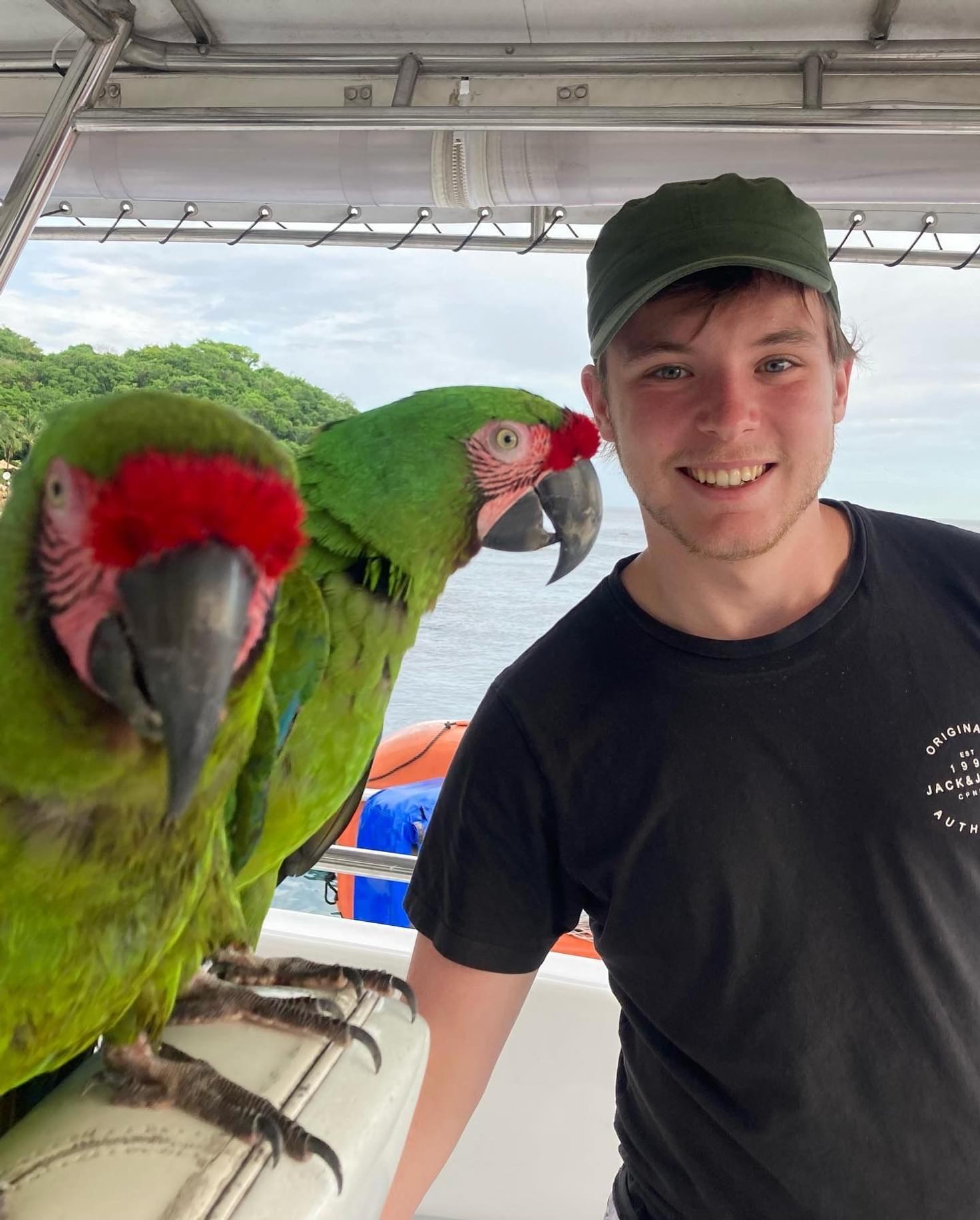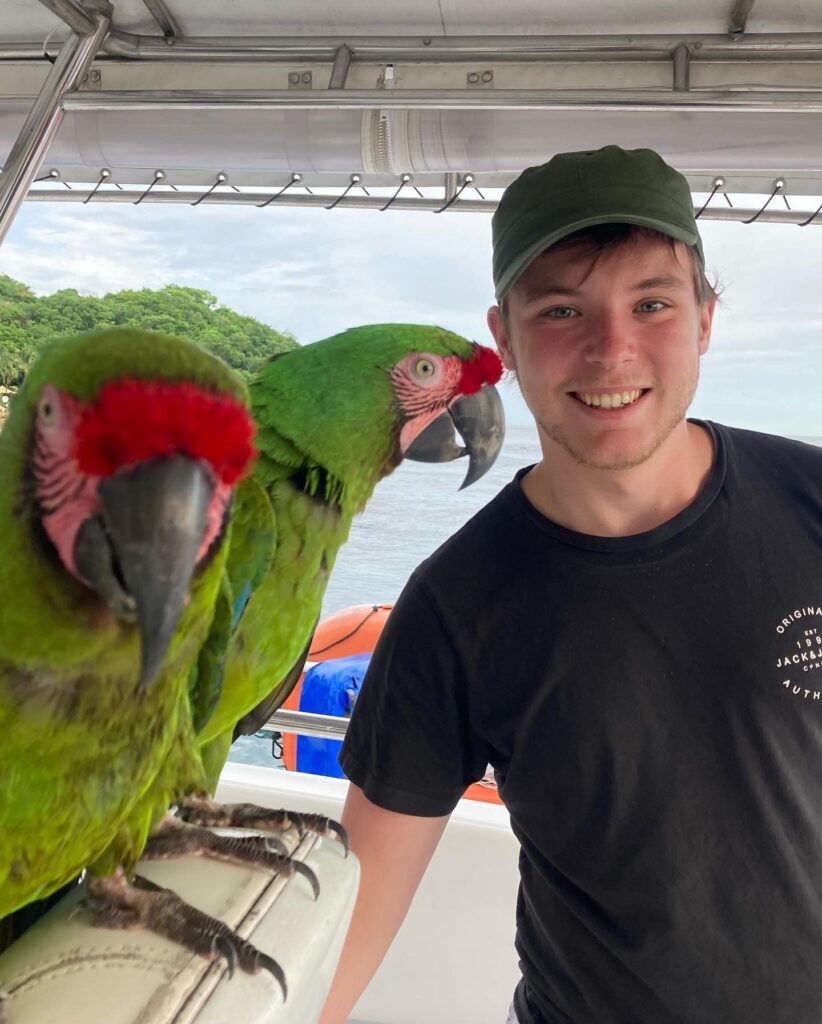
Words by Abi Scaife
“Whilst our goal is to eliminate drink spiking, our goal is to get rid of Safer Spaces. Our goal is to get to a point where we don't need us anymore, and the company goes bust. I know that's not a very businessman thing of me to say, but if that happened, then we've done our job.”
At age 20, Liam Berry is already fighting to make a difference in the world. Still a student at the University of Lancaster, he has already set up his own social enterprise, Safer Spaces, in a bid to end spiking in the UK.
In a study by Safer Spaces on students at the University of Lancaster, it was found that over 70% of students had a friend who they knew had been spiked while on a night out. Of those who have been spiked, 85.5% reported feeling the venue did not offer them enough help.
“The problem is people aren't financially motivated to go through all these methods to stop spiking: getting bouncers trained, training staff properly because it costs them money,” explains Liam.
“And realistically, they're not getting anything out of it, as long as something awful doesn't happen in their club, and they don't get slammed in the news or closed down - they’re fine.“

After two of Liam’s friends – Nadia and Courtney (both pseudonyms for their privacy) – were spiked in a club on a night out and turned out by bar staff who assumed they were simply drunk, he knew something had to change.
Luckily the friends who were with Nadia and Courtney were quick to call 999 when they realised something was wrong, and both girls were okay, though they had to spend two days in the hospital.
“I don't expect a bartender to be sat there counting drinks, that's completely unfeasible,” explains Liam. “But that's beside the point. If someone's clearly in a bad way, even if they're just too drunk, you can't be going around kicking these people out, especially when they're vulnerable.”
Through Safer Spaces, Liam hopes to end spiking altogether; a huge ambition at the age of 20 – but one he is taking seriously.
One of the biggest parts of Safer Spaces is allowing people who have been spiked somewhere to talk about what happened to them, and hold clubs and venues accountable for what they did, or didn’t, do to help.

Taking on a ‘Tripadvisor’ inspired system, victims of spiking can use the website to review how the club handled the incident, including rating their reaction out of five stars. Though the reviews and stars are available for anyone browsing the website to see, Liam is clear that he wants this to be an encouragement to do better; not the beginning of the end for clubs who miss the mark.
“Being a good person is always free,” affirms Liam. “But a lot of these poor clubs also don't have the funding to be pouring into all of these really, really innovative methods.”
For Liam, one of the biggest barriers to protecting young people from spiking is education, for clubs, and clubbers alike. The Safer Spaces website is full of resources for people who want to know how to protect themselves, and others, from spiking incidents, including an A-Z guide for clubs to learn how to keep their patrons safe.
All of the information is completely free of charge, and available for anyone to download.
“We want everything to be affordable for everyone,” says Liam, for whom low costs are a priority. “We all want knowledge to be free. That's why we'll never charge for any of our resources. And you can quote me on that.”